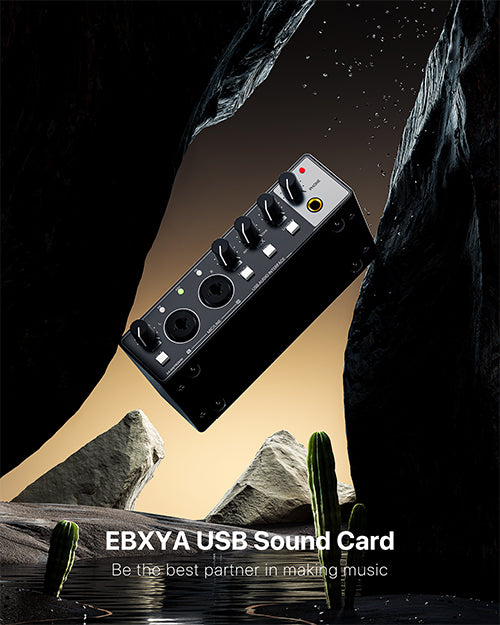
How big is the impact of the audio interface on the voice.
Share
The audio interface is an essential component of any professional audio setup, and it plays a critical role in determining the overall sound quality of the system. An audio interface is responsible for converting analog audio signals into digital signals that can be processed and recorded by a computer. In this article, we will explore the impact of the audio interface on sound quality and how it affects user experience.
The audio interface is a crucial link in the audio signal chain, and its quality can have a significant impact on the sound quality of a system. One of the main factors that determine the impact of the audio interface on sound quality is the quality of the audio converters used in its construction. Higher-quality audio converters generally result in better sound quality, with less distortion and more accurate sound reproduction.
Another factor that can impact the sound quality of an audio interface is the number of input and output channels it offers. The more input and output channels an audio interface has, the more versatile it is, and the greater the potential for complex recording and mixing setups. This can be particularly important in studio settings where multiple instruments and microphones need to be recorded simultaneously.
Latency is another critical factor that can impact the performance of an audio interface. Latency is the time it takes for an audio signal to travel from the input of the audio interface to the output. High latency can cause problems for musicians and producers who need to monitor their recordings in real-time, and can result in a delay between the time the sound is generated and the time it is heard. Therefore, low latency is essential for real-time sound processing, such as in music production, live performance, or gaming.
Finally, the quality of the drivers used to connect the audio interface to the computer can also impact sound quality. Poor-quality drivers can result in compatibility issues, system crashes, and other technical problems that can affect the overall performance of the system.
In conclusion, the impact of the audio interface on sound quality cannot be overstated. The quality of the audio converters, the number of input and output channels, the latency, and the quality of the drivers all play a critical role in determining the overall sound quality of a system. Therefore, it is essential to invest in a high-quality audio interface that meets your specific needs and requirements to ensure optimal sound quality and performance.
The audio interface is a crucial link in the audio signal chain, and its quality can have a significant impact on the sound quality of a system. One of the main factors that determine the impact of the audio interface on sound quality is the quality of the audio converters used in its construction. Higher-quality audio converters generally result in better sound quality, with less distortion and more accurate sound reproduction.
Another factor that can impact the sound quality of an audio interface is the number of input and output channels it offers. The more input and output channels an audio interface has, the more versatile it is, and the greater the potential for complex recording and mixing setups. This can be particularly important in studio settings where multiple instruments and microphones need to be recorded simultaneously.
Latency is another critical factor that can impact the performance of an audio interface. Latency is the time it takes for an audio signal to travel from the input of the audio interface to the output. High latency can cause problems for musicians and producers who need to monitor their recordings in real-time, and can result in a delay between the time the sound is generated and the time it is heard. Therefore, low latency is essential for real-time sound processing, such as in music production, live performance, or gaming.
Finally, the quality of the drivers used to connect the audio interface to the computer can also impact sound quality. Poor-quality drivers can result in compatibility issues, system crashes, and other technical problems that can affect the overall performance of the system.
In conclusion, the impact of the audio interface on sound quality cannot be overstated. The quality of the audio converters, the number of input and output channels, the latency, and the quality of the drivers all play a critical role in determining the overall sound quality of a system. Therefore, it is essential to invest in a high-quality audio interface that meets your specific needs and requirements to ensure optimal sound quality and performance.
